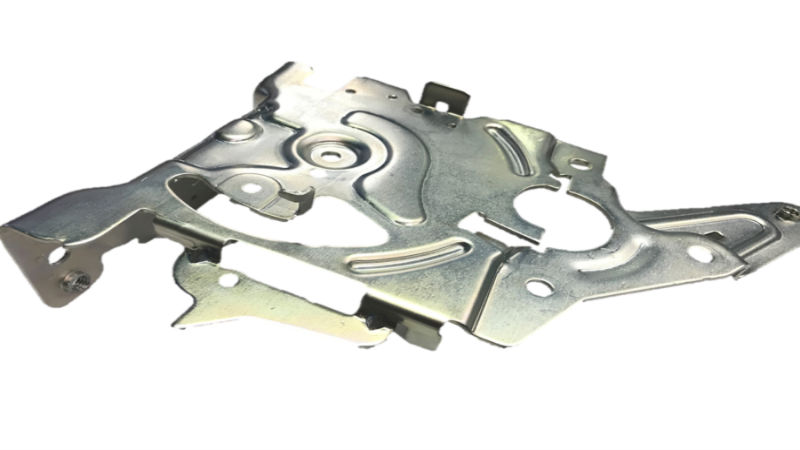Sheets of metal are formed when a fabricator or manufacturer takes the metal and processes it, creating flat, thin pieces. This is a form common to metalwork practices. Aluminum sheet, for example, provides the basis for the construction of a wide variety of everyday items and objects. Aluminum is a popular metal. Metalworkers in Minneapolis admire it for its flexibility, cost-effectiveness and its versatility. As an alloy, the range of options increases substantially.
Aluminum Grades
Aluminum, like many other metals formed into sheets, comes in different grades. Each grade indicates several factors including the quality of the aluminum, whether it is pure or an alloy, and its properties or capabilities. What grade of aluminum you decide to use will depend upon the purpose to which you intend to put it. Each grade possesses certain properties that will indicate whether it is suitable for the end use your Minneapolis shop proposes.
Below, you will find a list of a few of the most common aluminum grades available as sheet metal.
- Grade 1100-0, H14: This is commercial pure aluminum. Its characteristics of good resistance to chemical attack, corrosion and weathering, as well as ductility and easy weldability combine with its low cost make it suitable for such things as chemical processing equipment, fan blades, light reflectors, jewelry and sheet metal work.
- Grade 2011: This form of aluminum features high mechanical strength and excellent machining capabilities. Another name for this type of aluminum sheet metal is Free Machining Alloy (FMA). It is best suited for producing detailed and highly complex components.
- Grade 3003-H14: This commercially pure grade of aluminum is the most popular aluminum-alloy currently available. It is stronger than 1100. Grade 3003 is also weldable with excellent formability and corrosion resistance. Shops use it to produce builder’s hardware, cabinets, chemical equipment, cooking utensils, fan blades, mailboxes, pressure vessels, stampings, tanks, trucks and trailers sheet metal work.
- Grade 5052-H32: This grade is stronger than 3003. It also features the classic aluminum traits of good formability, high corrosion resistance, high fatigue strength and weldability. Common applications include appliances, architectural, electronic conductors, general sheet metal, hardware, pressure vessels, marine applications, tanks and utensils.
- Grade 6061-T6: This aluminum alloy is a structural metal. Although not as formable as other types of aluminum, it is stronger and still highly resistant to corrosive elements. Although weldable, it loses some of its strength during the process. This grade finds use in aircraft structures, architectural, building products, furniture, marine applications, chemical equipment, electrical and electronic parts, fasteners, pipeline, recreation equipment, storage tanks welded assemblies.
There are at least 13 commonly employed types of aluminum and aluminum alloy sheet metal. Other popular grades of aluminum alloys include Alloy 6063 an architectural alloy and Alloy 7075 one of the maximum strength aluminum alloys currently available.
Buying the Right Grade of Aluminum Sheet Metal
Aluminum is almost as popular as steel in carious industrial applications. The grade of sheet you select for your shop in Minneapolis will depend upon various factors including intended applications. Your budget will also play an important role in the selection process. Before you choose one grade over another, make sure you understand the specific of the grading. Talk to an experienced and reputable supplier of aluminum sheet metal about your options before you make a final decision.







